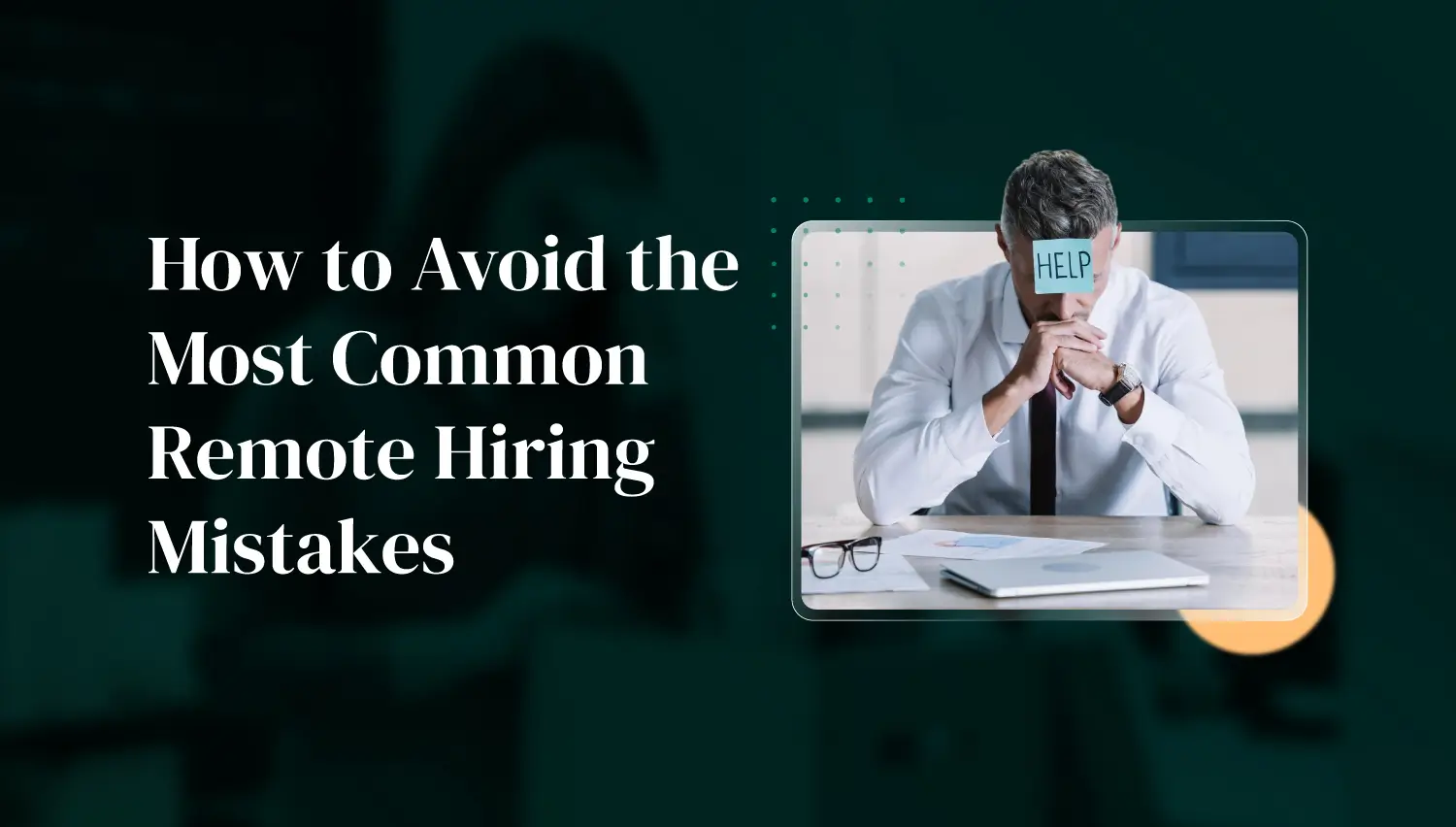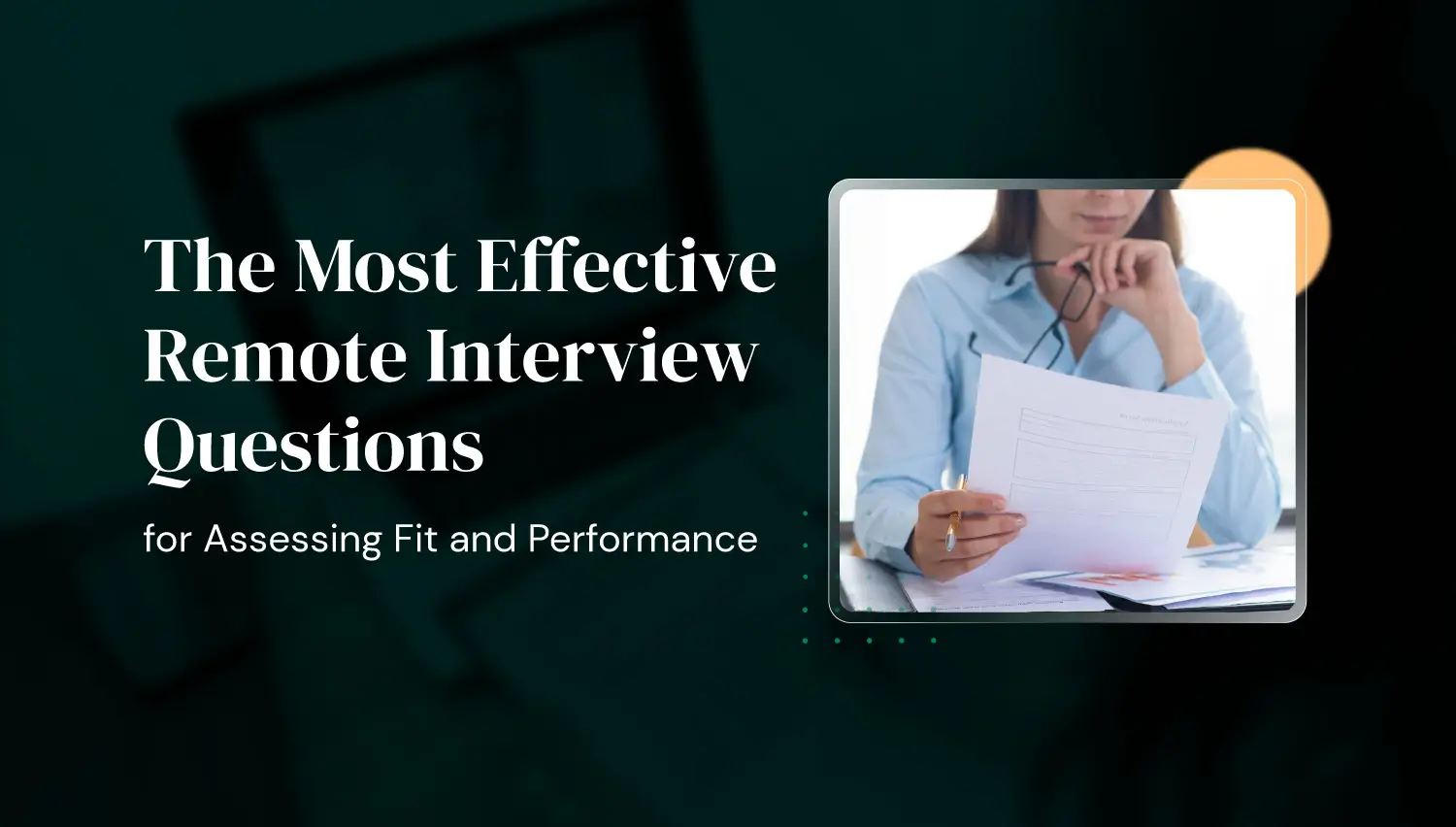When I was recruiting for a Series B startup, their sole in-house counsel was struggling to keep up. Between vendor contracts, fundraising due diligence, and employment paperwork, he spent more time on formatting and filing than on advising leadership. The backlog of unsigned agreements was starting to slow deals down, and morale was slipping as the legal queue got longer.
We placed a seasoned legal assistant who took ownership of document prep, filings, and scheduling. Within weeks, contract turnaround time dropped by half. The GC finally had the bandwidth to focus on negotiating terms and guiding the executive team.
That's the kind of leverage a great legal assistant can bring. They don't just lighten the load; they allow your legal function to operate at its highest value. Here's what makes the role so impactful, and how to make sure you hire the right one.
The Fastest Way to Make Your Legal Team More Effective
If you want your attorneys to spend more time on legal strategy and less time formatting documents or scheduling meetings, a legal assistant is the fastest way to make that happen. These professionals specialize in the kind of detail-heavy, process-driven work that can bog down even the most organized legal team.
From drafting and proofreading contracts to filing court documents and managing client communications, a skilled legal assistant can absorb the administrative weight that slows attorneys down. They don't just keep the engine running; they improve its efficiency, reduce the risk of errors, and create breathing room for higher-value legal work.
The key is understanding exactly what they can take on and how to integrate them into your workflow. Let's break down why the role matters and how to make it a source of lasting value.
Why Legal Teams Can't Afford to Work Without Support
Legal teams are under constant pressure to deliver fast, accurate work in environments where deadlines are non-negotiable. Yet too often, highly paid attorneys end up spending hours on tasks that could be delegated (formatting briefs, tracking down missing documents, or managing client follow-up). On top of being inefficient, this is also costly.
Every hour a senior attorney spends on administrative work is an hour they're not advising clients, shaping case strategy, or closing deals. For lean in-house teams, that lost capacity can mean delayed transactions or missed opportunities. For law firms, it can erode billable hours and client satisfaction.
I've seen partners at reputable firms pull late nights on clerical tasks simply because there wasn't a trusted assistant in place. The difference in output (and morale), once a legal assistant joins the team, is immediate. They create the bandwidth attorneys need to focus on the high-value work only they can do.

What a Legal Assistant Can Take Off Your Plate
Document Drafting and Version Control
From contracts to court submissions, legal documents demand precision. A legal assistant can handle initial drafting, ensure formatting consistency, and maintain clear version histories, preventing the costly confusion of working from outdated files. This frees attorneys to focus on reviewing substance, not fixing style errors.
Filing, Research, and Case Preparation
Whether it's e-filing court documents, conducting targeted legal research, or compiling case binders, assistants take on the legwork that can otherwise consume hours. They know filing protocols, deadlines, and how to navigate databases like Westlaw or LexisNexis to surface relevant material quickly.
Client Coordination and Calendar Management
Keeping track of hearings, client calls, and filing deadlines is more than an admin chore; it's risk management. Legal assistants maintain docket systems, send reminders, and coordinate between attorneys and clients to prevent missed obligations.
Smart Scaling Without Blowing Up Costs
Hiring more attorneys isn't always the answer to capacity issues. A skilled legal assistant can deliver many of the same outputs at a fraction of the cost, letting your team scale support without increasing high-salary headcount.
How to Get the Most Out of a Legal Assistant
Hire for the Right Legal Skills
Legal assistants are not generalist administrators; they're trained professionals with niche expertise. Many hold paralegal studies credentials or have built years of hands-on law firm or corporate experience.
The best candidates bring working knowledge of legal terminology, case management systems, e-filing platforms, and the specific processes of your practice area, whether that's litigation, corporate governance, or intellectual property. Hiring someone with the right background upfront reduces training time and ensures accuracy from day one.
Develop a Strong Integration Plan
Even highly trained legal assistants need deliberate integration to succeed. They may come in with expertise in litigation, corporate law, or compliance, but every organization has its own procedures, technology stack, and internal expectations.
A structured onboarding plan (two to three weeks of shadowing, paired with documented workflows for recurring tasks) ensures their specialized knowledge transfers effectively into your environment. Early check-ins and document reviews aren't just about catching errors; they're there to help align a skilled professional with the nuances of your firm's standards and client base. When integration is intentional, legal assistants can deliver value at full capacity far sooner.
Match the Role to the Right Work Environment
Because legal assistants are trained in specific workflows, it's critical to match their role design to the work environment. Many tasks (such as document preparation, case research, and client scheduling) can be performed remotely without compromising quality. But responsibilities like managing physical court filings, coordinating with clerks, or supporting litigation teams during trial preparation may demand in-person presence.
Aligning the environment to the assistant's specialized skill set not only maximizes efficiency but also avoids frustration that arises when they're expected to do work outside the scope of their expertise.

How to Avoid Missteps When Hiring Legal Support
Maintaining Quality and Oversight
Even an experienced legal assistant needs time to align with your team's expectations and standards. Rushing to hand over critical tasks without a review process can lead to errors, some of which may be costly to fix. For example, I've seen firms discover version control problems only after a filing deadline passed. These issues could have been caught with an early-stage double-check.
The best solution is to implement a structured two- to three-week review period for all major deliverables, using checklists for accuracy and compliance.
Protecting Confidentiality and Compliance
Legal assistants manage privileged documents and sensitive client information. A single misstep can create reputational or regulatory risk.
So, make it company policy to require signed NDAs before starting, confirm prior legal or compliance experience, and provide training on data protection protocols. It's also good practice to ask candidates about specific situations where they handled confidential data and how they maintained security; it's revealing.
Balancing the Workload to Avoid Burnout
Overloading a capable assistant can backfire, causing stress, reduced accuracy, and higher turnover risk.
Make sure to set realistic task volumes, use workload tracking tools, and reassign duties during peak periods.
For example, I once helped restructure a role where a single assistant was juggling litigation prep, corporate filings, and policy documentation. Splitting responsibilities across two hires doubled efficiency and reduced turnover risk.
Hiring for Legal Efficiency Starts with the Right Fit
The difference between a good legal assistant and a great one comes down to fit: skills, temperament, and experience aligned to your specific legal environment. But finding that person isn't always straightforward. Screening for the right technical expertise, verifying confidentiality awareness, and assessing how someone will integrate into your workflow takes time and focus that most legal teams can't spare.
That's where working with an international recruitment agency makes the process faster, safer, and more precise. An agency like Somewhere specializes in matching legal professionals to the exact needs of your practice or in-house team, whether you need litigation support, corporate filings expertise, or someone who can manage complex client scheduling. We handle the vetting, and you get the confidence that you're bringing in someone who can deliver from day one.
If you're ready to strengthen your legal team and hire a legal assistant, fill out the contact form below, and let's start the conversation today.






.webp)






.webp)
